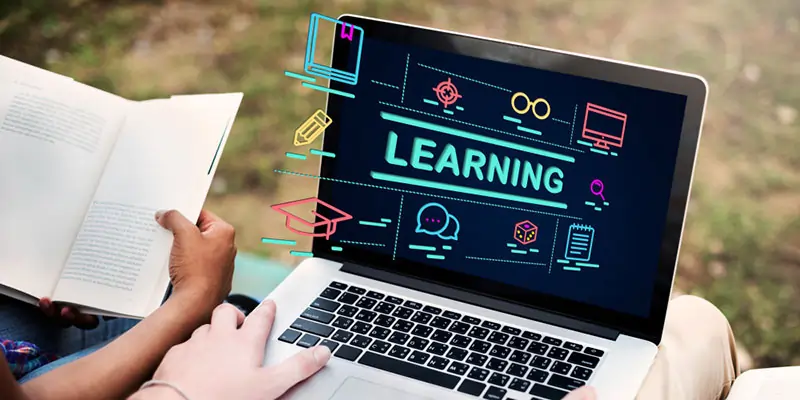Introduction
Digital technology has significantly impacted learning in the modern era. Online education has evolved as a promising support to traditional classroom teaching. With advancements in technology, several online education technologies are now at the student’s disposal, all of which can actively contribute to making the process of learning easier. We shall look at the top online education technologies that have taken this revolutionary art of learning to greater heights and made for a better education for students.
The Advantages of Online Education
Before getting into the specifics of technologies, let us talk about some of the benefits of online education. The flexibility, convenience, and accessibility provided by online learning help to reach out to students from various walks of life. It can be a working professional, a stay-at-home parent, or a person with limited physical mobility; online education gives people the opportunity to pursue further education according to their time, pace, and convenience.
Online education generally allows for a better and more individualized learning experience. Using the power of technology allows learners to adapt resources, materials, and interactive tools to suit their exact needs and learning styles best. This means learners can master concepts better and achieve good academic results.
The Best Online Education Technologies
LMS: These are the platforms that have flung the traditional classroom almost entirely out of the window. They provide one place where students and instructors can manage all course materials, assignments, discussions, and assessments. Many LMS platforms offer features such as video lectures, online forums, and automated grading systems, which bridge the gap between students and instructors in the process of learning.
Virtual Reality: changing the way students experience learning. Students can be placed inside a virtual environment in which the VR technology comes alive with concepts. Medical students, for instance, shall practice surgery inside a virtual operation room, developing actual practical skills. This opens up virtual field trips, including visiting historical sites, landmarks, or natural wonders, all from the classroom.
Artificial Intelligence (AI): Artificial intelligence is changing web-based learning. It makes it personal and tailored. AI algorithms could analyze student data and give tailored recommendations about where to improve. AI-driven virtual tutors can guide students through their coursework—answer questions, and give feedback in real-time. Some experts even go so far as to say that these AI-driven systems are capable of identifying trends in students’ performance, thereby allowing educators to intercede and provide support at precisely the right time.
Gamification: This is a relatively new instructional strategy where elements of game design are integrated into the learning process to engage and motivate learners. Gamification enables enjoyable learning with badges, leaderboards, and interactive challenges. As students progress, they earn points and unlock achievements, which creates a sense of accomplishment and a little competitive spirit. Gamification makes learning more enjoyable and enhances students’ critical thinking, problem-solving, and teamwork skills.
Collaborative Tools: Online education is no more of a lonely affair nowadays. Virtual classrooms, discussion forums, and video conference platforms are some of the collaborative tools facilitating students to connect with their peers and faculty. Such tools enable students to learn from others’ perspectives and ideas.
Mobile Learning: Given the present rage for smartphones and tablets, mobile learning has evolved as a key module of online education. Through mobile apps and platforms, one gets access to educational content anytime from anywhere. Be it going through the lecture notes, participating in online quizzes, or watching educational videos, mobile learning offers the flexibility to learn on the move.
Conclusion
Advanced technologies in online education have opened new opportunities for students to pursue a better education. It provides flexibility and personalization through interactive engagement with the aid of learning management systems, virtual reality, etc. Therefore, it becomes as important for educators and institutions in today’s changing times to not just engage in digital technologies but to exploit them for their full potential in ensuring a truly transformative experience for learners.
